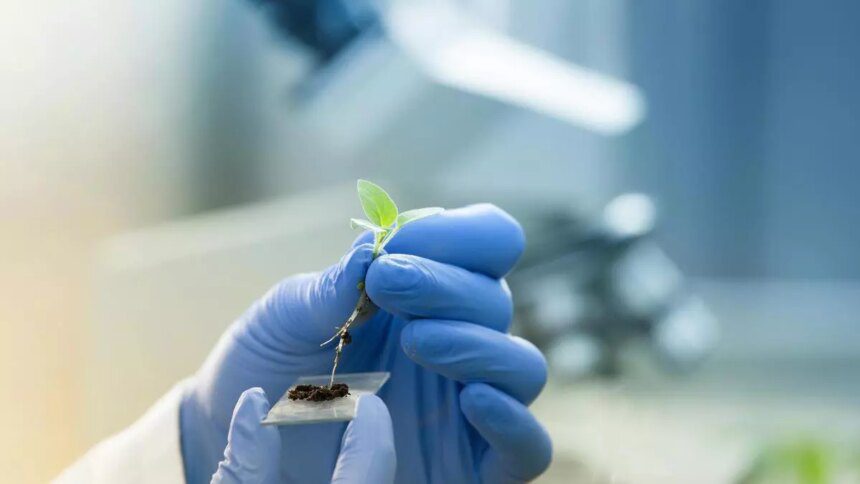The research conducted by the scientists at IIT-Bombay on the use of bacteria in agriculture is truly groundbreaking. By identifying two genera of bacteria, Pseudomonas and Acinetobacter, that have the ability to break down harmful aromatic compounds present in the soil, they have opened up new possibilities for sustainable farming practices.
Aromatic compounds, commonly found in insecticides, herbicides, and industrial effluents, pose a serious threat to soil health and plant growth. However, these bacteria have the unique ability to convert these harmful compounds into nutrients that are beneficial for plant growth, such as phosphorus and potassium. In addition, they also produce siderophores, which aid in iron absorption by plants in nutrient-limited environments.
What is even more impressive is that when these two groups of bacteria are used together, they exhibit even more beneficial results. The synergistic effect of the bacteria consortium not only promotes plant growth but also provides protection against the toxic effects of aromatics.
Moreover, these bacteria can also help in controlling harmful fungi in the soil, making them a versatile solution for multiple agricultural challenges. The researchers are now looking into how these bacteria can assist plants during droughts and other environmental stress conditions, highlighting their potential for enhancing crop resilience.
Overall, the findings from this research offer a promising outlook for the use of bacteria in agriculture, showcasing their ability to not only clean the soil from harmful compounds but also promote plant growth and health. As we continue to explore sustainable farming practices, harnessing the power of beneficial bacteria like Pseudomonas and Acinetobacter could be a game-changer in ensuring food security and environmental sustainability in the future.









